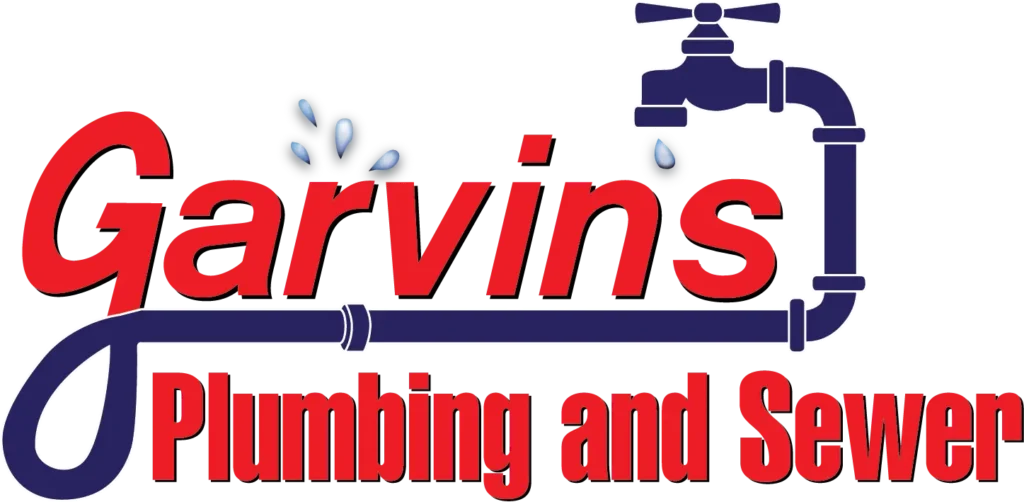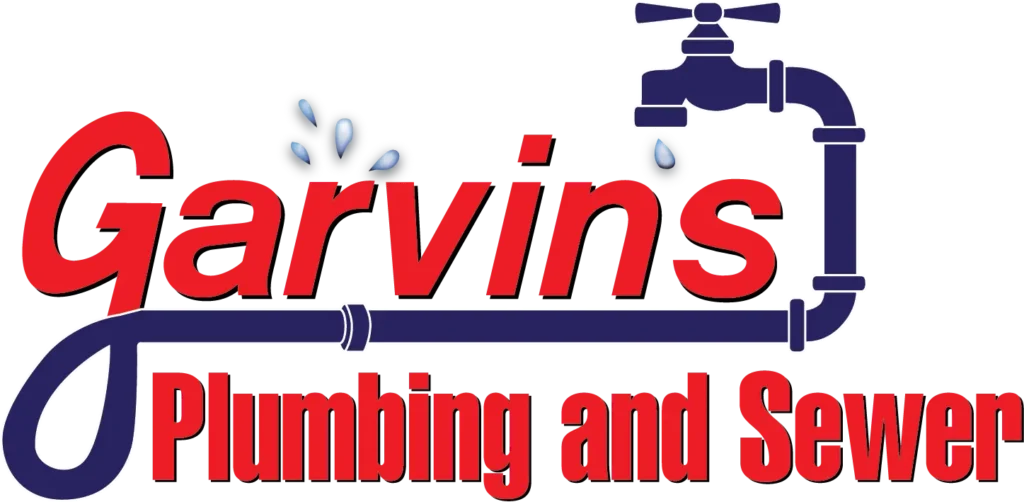
Garvin's Sewer Service
Tips for Keeping Your Sewer Line (& Plumbing) in Top Shape
Happy New Year! We hope you have an amazing year, full of health and prosperity. Lots of folks around the world rang…

Clogged Sewer Line
The curse of the clogged sewer line
Ghosts, zombies, bats and vampires! In October, all things frightening are bound to appear before month’s end. But there’s something scarier than…

Clogged Drain
What is a Sewer Camera Inspection?
Plumbing has come a long way over the course of the last couple of decades, especially as it pertains to newer innovations…

Basement Drain
9 Items That Should Never Go Down the Drain
Here at Garvin’s Sewer Service, we get calls from homeowners all the time because they have a clogged drain, and while there…

Clogged Drain
A Guide to Sewer Line Preventative Maintenance
Your sewer lines may be hidden, but they are about as important as any individual aspect of a home. Imagine what life…

Basement Drain
Clean Your Drains Regularly Before They Drain You
The drains in your home aren’t necessarily something you can see, but they are essential in ensuring that water is carried away…

Common Plumbing Issues
Common Causes of Plumbing Leaks
It’s never a good thing to discover that you’ve got a leak somewhere in your home, and while the professionals at Garvin’s…

Clogged Drain
What Can a Camera Inspection Tell You About Your Sewer?
Plumbers have been around for as long as plumbing has existed, making it one of the oldest professions in the modern world.…

Clogged Drain
How Do You Know It’s Time for a Sewer Replacement?
Thankfully, modern sewage disposal systems are designed to ensure that we never have to deal with waste the way our ancestors did,…

Basement Drain
How to Clear a Basement Drain Without a Snake
For as long as there has been modern plumbing, pipes and drains have gotten clogged, and it never stops being frustrating for…

Clogged Drain
Five Reasons Not to Try Do-It-Yourself Drain Cleaning
When a drain gets severely clogged, the first instinct should be to call a professional plumbing service to help clear up the…

Sewer Drain Cleaning
How to Know When You Need a Sewer Drain Cleaning
Is your sewer line backing up? It is never pleasant, especially when you don’t know what to do or who to call…




